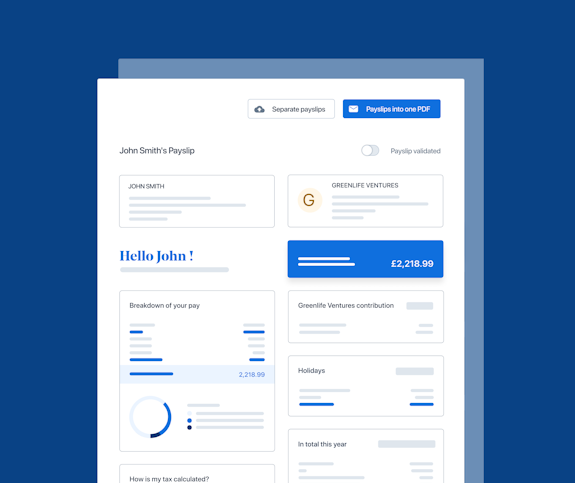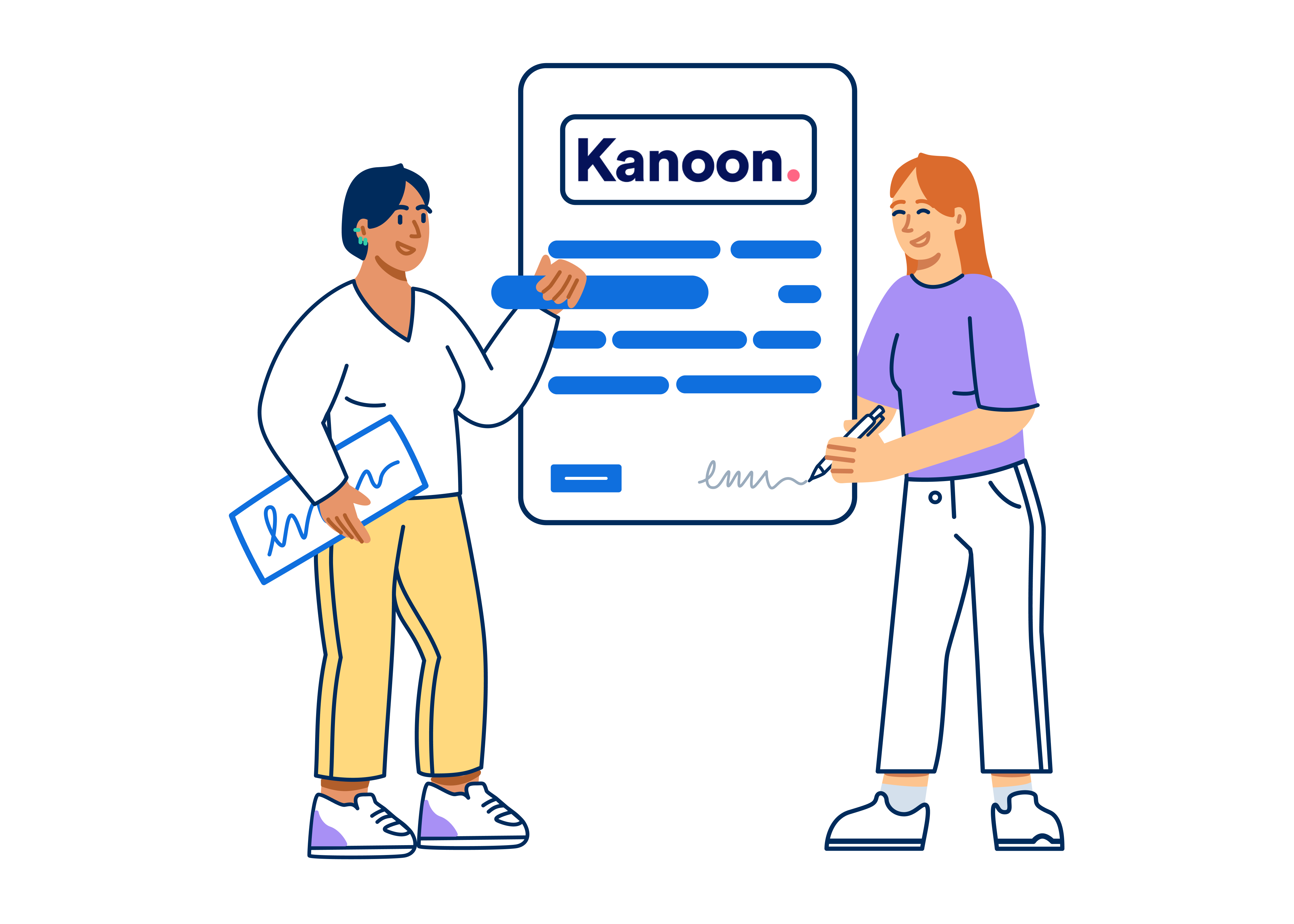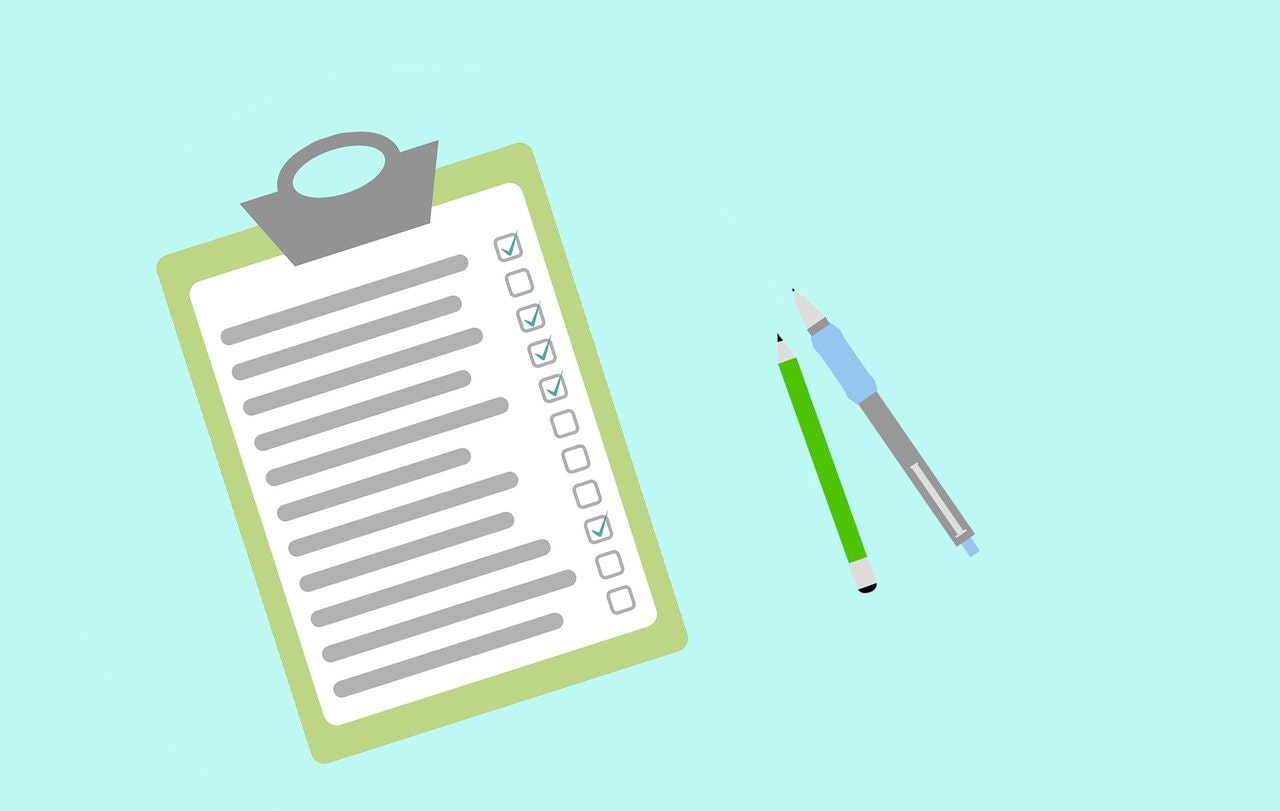- Blog
- |Managing Payroll
- >PAYE and Tax
- >Benefits in Kind for Employers
Benefits-in-Kind: Tax and Obligations for UK Employers


Benefits-in-kind (BIKs) are a type of benefit you can offer an employee (or director of a company) in the UK on top of salary.
They are sometimes referred to as fringe benefits or “perks” and include some of the most common ‘goodies’ candidates look for as part of their compensation package.
Benefit in kind tax (or BIK tax) is a complex topic, and there are several obligations you need to meet as a UK employer when it comes to offering BIKs to your employees.
In this post, we’ll explain what benefits-in-kind are, how BIKs work, and why it's a great idea to offer them. We'll also cover some examples of benefits in kind, touch on how to report and tax BIKs and what you can do to simplify this process.
What is a benefit-in-kind?
A BIK is a non-cash offering made to an employee that you need to cover as their employer. While non-cash, these employee benefits still hold monetary value, which means you'll need to report some of these as taxable income.
Most of us will be familiar with BIKs like medical insurance, gym memberships and company cars that are often included in an employee’s compensation package. These are some of the most common examples of benefits in kind, though there are many more we can add to this list.
Benefit-in-kind examples
Some of the most common BIKs are:
Private health insurance
Home phones (including for personal use)
Company cars
Non-business travel & entertainment expenses
Assets for personal use (such as computers, bikes and televisions)
It’s important to note that most of these benefits will incur tax.
What is the purpose of offering benefits-in-kind?
There was a time when fringe benefits used to be just that - fringe. But in the last few years, especially since the global pandemic, the role employee benefits now play is more enhanced. In today's world of work, benefits show you're investing in talent, not only in their health and overall wellbeing but also their future growth and personal development.
Put simply, you’re providing something beneficial to your employees beyond just money. There are many reasons your company might decide to offer certain BIKs as part of your overall compensation strategy, including:
to support employees with their commute (think a company car or the Cycle to Work Scheme)
to attract new talent to the business
to support employee health and financial wellbeing
While they aren’t ‘wholly and exclusively necessary” to the running of your business or company, benefits-in-kind can add to an employee’s overall sense of fulfilment, which in turn can promote better job satisfaction.
Employers - what are your obligations?
As an employer, there are several obligations you need to meet when it comes to providing BIKs:
Firstly, you’ll need to inform each new hire of the benefits they’ll receive as part of their compensation package and how this will impact their tax and NIC payments. You can communicate this through their employment contract.
You should report any benefit-in-kind your organisation offers to HMRC before the 6th of July (following the end of that tax year) by payrolling benefits or via P11D forms. You’ll also need to submit a P11D(b) to HMRC, whether you payroll benefits or not.
Of course, it’s always worth reminding employees of what benefits they have and ensuring they have easy access to these (like health insurance).
As an employer, you’ll also need to pay Class 1A NIC to HMRC related to benefits before the 22nd of July ( or the 19th of July if you are paying by cheque).
Important update
📌 Previously, UK employers could either report these expenses ‘formally’ or ‘informally’ via payroll or by submitting P11Ds. However, in 2023, HMRC announced that informal payrolling benefits arrangements would come to an end. From 2026, payrolling benefits will become mandatory for all companies and P11Ds will be phased out. So, businesses in the UK now need to register for HMRC’s online service in order to formally payroll their benefits-in-kind.
How does tax work for benefits-in-kind?
When it comes to benefit in kind tax, the UK tax system doesn’t have a “one size fits all” approach.
While some benefits are taxable in the UK, others aren’t. Some benefits, like vouchers, may also incur Class 1 NI for both employers and employees, which is the National Insurance (NI) processed through payroll. On top of this, each type of benefit comes with its own set of specific rules. As such, HMRC also needs to consider how a benefit is being used before deciding how to treat it.
All of this can make it difficult to determine what to do (unless you’ve got payroll software that’s backed by real CIPP payroll expertise).
In addition to this, NIC may be deducted through payroll for some if these benefits, even if you don't payroll them. You may also need to deduct tax whether you payroll your benefits or not.
HMRC’s A to Z of expenses and benefits provides a comprehensive guide on the taxation of benefits.
The following are examples of circumstances that may not require taxation:
Some types of commuting costs ( such as a work bus service)
Work and safety clothes, such as overalls and hard helmets
Meals served to employees in a staff canteen (if the value of the meal is ‘reasonable’)
Employee mobile phone costs (between your company and their service provider)
Business expenses paid for on a company credit card by an employee. As long as your employee isn't making a personal purchase or where specific tax rules apply (e.g. fuel for a company car, parking spaces or incidental overnight expenses)
Business expenses paid for on a company credit card by an employee. As long as your employee isn’t making a personal purchase or where specific tax rules apply (e.g. fuel for a company car, parking spaces or incidental overnight expenses)
Training or development costs (as long as they are work-related).
How are benefits in kind taxed?
Reporting benefits in kind - payrolling benefits
Payrolling Benefits in Kind was a service introduced by HMRC in 2016 as an alternative to the original P11D system. But as per the update above, it will become the only way to report benefits to HMRC from April 2026.
Sign up your company for this service, and your employees will pay the tax required on these benefits through their regular pay. In other words, a small amount is deducted from their salary each month to go towards this tax. In other words, tax is deducted via payroll rather than via a P11D form (which saves on time and paperwork).
Your P11D(b) is still due on the 6th of July, along with your NIC payment on the 22nd of July.
Reporting benefits in kind - submitting P11Ds and a P11D(b)
As we discussed above, companies will no longer have to submit P11Ds annually from April 2026. Instead, they’ll need to switch over to payrolling benefits (if they haven’t already done so).
If you still opt to submit P11Ds until this time, then you should complete this form for each employee that has received a BIK. Only BIKs that are taxable should be reported on a P11D.
All P11Ds must be submitted after the end of the tax year by the 6th of July. Employees should also receive a copy of their P11D for record-keeping purposes.
Filing your P11D(b)
Regardless of whether you payroll benefits or submit P11Ds for each of your employees, you’ll need to file a P11D(b) form. This form effectively summarises all the individual records you've completed for employees. On it, you’ll need to include the total Class 1A NIC payable on all expenses and benefits provided.
Your company’s P11D(b) is due along with all other P11Ds required on the 6th of July. The Class 1A NIC payment is due shortly after this, on the 22nd of July. It’s essential to keep all receipts and expense forms on file concerning these benefits.
PAYE Settlement Agreements
If the benefits you’ve provided only include minor or irregular expenses, it makes sense to opt for a PAYE Settlement Agreement instead.
This alternative process allows you to make one annual payment to cover all tax and NIC payments in one go.
If you’ve only got things like gift vouchers, entertainment costs or irregular and impractical expenses to declare as benefits, this is the ideal option for reporting. It’s also a good option if you’d prefer to pay the liability on a benefit rather than having the employee cover it (such as in the case of a company car).
All your Benefits-In-Kind sorted
Whether you file P11Ds or payroll your benefits-in-kind, our platform processes benefits with ease.
Adding benefits such as PMI, gym memberships and company cars is a breeze. All Class 1 and Class 1A NIC payments are calculated for you. Employers also have the option of payrolling benefits if they are registered for this service.
To sum it up, we automate over 90% of all manual tasks associated with your payroll process while ensuring you adhere to HMRC’s rules and regulations. So you don’t lose any more sleep fretting over compliance.


A UK 4-Day Working Week - Thoughts On Labour’s Plan

Running payroll - A Guide For New Businesses

The Alabaster Ruling & Maternity Pay - A Guide For Employers

The End Of Zero Hours Contracts? Implications For Businesses

What is the HM Revenue and Customs Starter Checklist

